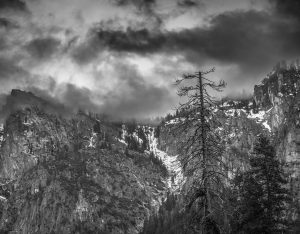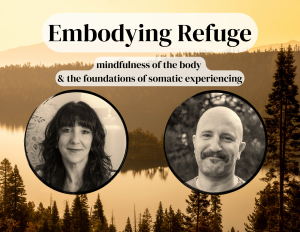I was in my new truck, playing the Beastie Boys on the radio.
Pulling out of my neighborhood and onto the main street, I stopped in order to let a handful of teenagers cross between the corners. They had hip hair styles and skateboards. The girls were cute in the way that teenage girls would be cute today. They had swagger.
As the teenagers passed in front of my truck, I rolled the windows down and turned up the “Ill Communication”. I wanted them to hear the Beastie Boys. I wanted them to see me. Don’t act like you’ve never done this before.
Part of my practice right now is working with my deeper intentions. The instructions from one of my teachers were thus: Spend this month observing your own motives. Don’t be afraid to look. Don’t look with judgment or condemnation. Just observe and note what you discover.
The rolling-down-my-window-for-teenage-recognition was certainly an occasion for mindful investigation. “Why did I do that?’ I asked myself as I watched the teenagers step onto the sidewalk.
Instead of continuing out into the street, I paused and reflected. There was a lot going on.
First, the Beastie Boys were popular while I was in high school. Listening to them is like a psychological time warp, activating the teenage part of me. After quick reflection, I took note of the fact that I only roll the windows down in my vehicle when I’m playing music that defined some part of my youth. Most often, that means punk rock or 90’s hip hop. You’d never catch me blasting The Avett Brothers for the neighborhood. This teenage impulse, this memory of life transposed into the present, is karma coagulated into sankhara – a mental disposition awaiting stimulation.
Second, the activation of a “teenage sankhara” met the visual input of actual teenagers. This triggered the nearly instantaneous recognition that I am no longer a teenager. That I am bald. That I have grey in my beard. And that I am likely not cool to these teenagers, who, I might add, didn’t notice me in the slightest.
Third, the recognition that I am no longer a teenager likely set in motion a series of subconscious thought processes that weren’t really cognizable to me, but nonetheless resulted in a state of mind the Terror Management Theorists would call “mortality salience”. Some part of me was experiencing the existential dread that accompanies the recognition that I will die and that I am well on my way.
Finally, as a way of mitigating this fear of death, I tried my hand at getting the attention of the teenagers by playing the Beastie Boys for them – this, based entirely on the delusive notion that being recognized as cool by teenagers might mean that I am not as old as I know myself to be.
In other words, I turned up the music because I’m dying.





